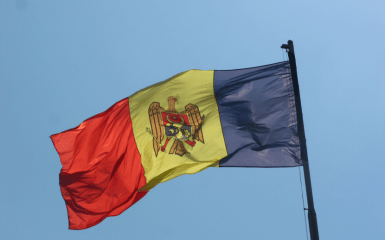A slight majority of 50.09% of voters supported joining the EU in a referendum in Moldova. So far, only 1.5% of the ballots have been counted, but these results will not change the final result.
Points of attention
- A slight majority of votes (50.09%) at the referendum in Moldova supported joining the EU.
- The President of Moldova, Maia Sandu, spoke out against fraudsters who tried to interfere in the elections by bribing voters.
- Sandu's pro-European stance is consistent with supporting EU accession by 2030, while Stoianoglo promises a balanced foreign policy.
- The referendum and presidential elections are considered a test of Moldova's desire for European integration and exit from the influence of Russia.
- They are perceived as important steps in maintaining democracy and the country's independence from external influences.
What is known about the results of the referendum in Moldova
As the publication notes, such a small level of support for the pro-European course reflects the restrained attitude of the population to European integration, in contrast to the clear pro-European position that Sandu maintains during his presidency.
In parallel, presidential elections were held, where Sandu won 42% of the vote, and her main rival, former Prosecutor General Oleksandr Stoyanoglo, got 26%. This paved the way for a tight second round on November 3.
Both votes were perceived as a test of Moldova's desire for full integration into the EU and exit from Russia's influence. Moldova began formal negotiations to join the EU in June, and Sandu aims to join by 2030.
Stoianoglo promised that if he wins the elections, he will develop a "balanced" foreign policy with simultaneous ties with the EU, Russia and the USA.
President of Moldova Sandu declared about "unprecedented fraud" in the elections
Incumbent Maya Sandu issued a statement citing "clear evidence" that criminal groups linked to foreign forces tried to bribe 300,000 votes to interfere in the election.
She called it a "fraud of unprecedented proportions" and said that such actions were aimed at undermining the democratic process.
Their goal was to sow fear and panic in society... We are waiting for the final results and will take decisive measures, Sandu concluded.




